We are heading into the holiday season, and you know what that means. An abundance of holiday sips and delicious sweets are coming your way. I want to have this pep talk early this season, and what I say will likely resonate with you. Here is something you may have yet to consider:
The problem isn’t the holiday food, cocktails, and sweets.
No, it’s not.
The problem is our attitude toward food, cocktails, and sweets for the remainder of the year. 🫢
When you approach the season with a last-supper mentality, you disrupt your natural ability to self-regulate your hunger and cravings. Trying to eat all “forbidden” or “bad” foods before January 1st often leads to excessive weight gain and generally messes with your relationship with food. This approach also gets you stuck in the hamster wheel of dieting, which looks like this:
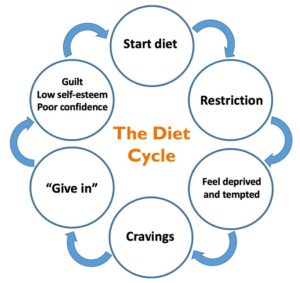
When being “bad,” we tend to displace nutritious foods to make room for the “unhealthy” foods we won’t be allowed to eat when dieting. I remember my days of going all out for the holidays before getting “serious” on January 1st. Here’s what I did:
- Skipped meals to save up for “bad” meals (FYI – this sets you up for overeating, so it backfires!)
- Chose the least nutritious option because I was NOT on a diet. I may have craved oatmeal for breakfast, but instead, I’d have pancakes, bacon, AND sausage since those would not be allowed come the new year
- Ate many dessert foods, even those I didn’t care for because I wouldn’t be allowed to eat them after the new year.
- Drank very little water and increased my intake of sugar-sweetened beverages (we’ll prioritize water in the new year!)
- Got seconds or thirds, even though I didn’t necessarily want them because, after the new year, it would be salads and grilled chicken.
- Oh, and exercise during the holidays? Pshhhh! We’ll go HARD starting January 1st.
Do you hear this? By being extreme, I created a problem. This approach made me feel like sh*t. I was bloated and tired. I often felt overstuffed and uncomfortably full. My face would break out by the end of the season, and my clothes were definitely tighter. Oh, and my relationship with food? Yeah, that was a mess. This happened because of my all-or-nothing approach. I couldn’t comprehend that a cookie and a salad could exist on the same day. If I ate a cookie after a salad, I was convinced my progress was undone and might as well enjoy a few more cookies because this day was ruined.
Talk about self-sabotage!
What most people don’t realize is that weight maintenance and health are maintained (or achieved) when we sprinkle in foods that are less nutritious with those that are nutritious. This is a much better approach than “only healthy food for 30 days” and “might as well enjoy everyttthhiiiiiing before I get back on the wagon.” Like this:
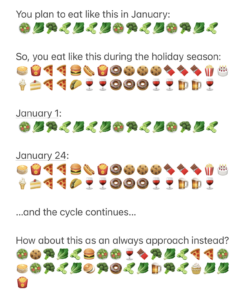
Instead of being extreme this holiday season, find the middle ground.
You can still exercise even if you have a night full of cocktails and desserts ahead.
Sweaty workout and post-work happy hour to celebrate the holidays? Sign me up!
You can still prioritize nutrition for breakfast, lunch, and snacks, even if you plan to have bread, cheese, and chocolate in the evening.
In fact, eating regular and nutritious meals means you won’t show up starving to dinner, so you’ll be more likely to regulate your hunger and prevent overeating.
Focus on hydration
Some days, you may have a little more salt, alcohol, or sugar. Staying well hydrated can help prevent uncomfortable bloating. Plus, the holiday season is cold and dry for many people, so getting dehydrated is easier.
Give yourself permission to eat whatever you like – this is SO important!
Just because you allow yourself to eat whatever you want does not mean you will eat anything and everything in sight. In fact, one of the best ways to feel out of control with food is to have a restrictive mindset and a “good” and “bad” food mentality. Allowing yourself to eat all foods can help you balance your plate and stay connected with your hunger and fullness. Let’s say you go to a cookie exchange party with friends.
Diet Mentality: “Look at all this junk food! Ughh, it looks sooo divine, though!! Why does junk have to taste and look so good?! I’m cheating today and probably for the rest of the year (ha!), but come the new year, I’ll have to detox from all this garbage!
This mentality creates a “forbidden fruit effect.”
This means that anything you consider “bad” is more desirable. Simply put, the more you tell yourself you shouldn’t have something, the more you want it. And, no, I am not making this up. It’s called psychological reactance. Think about it – how many children do the opposite of what they are told? It’s our human nature! It can be exhilarating to bend or break the rules. So, anytime you say no to chocolate, it’s likely that you will want it more. And, when you finally eat the chocolate, you will likely eat more of it because you already broke the rules (this is called counter-regulation). And not only that, but when people view foods as bad, they tend to taste better than if they viewed them as neutral.
So, viewing the food as bad is the perfect storm to make you crave it more, overeat it, and taste extremely good. This leads to guilt. The guilt tells you you need to be better the next time, so you restrict yourself more. And, restriction leads to… back to square one. Let’s break the cycle!!
Remember that holiday foods provide nutrition too!
Turkey, mashed potatoes, and green beans can be comforting and nourishing. Not everything you eat during the holiday season is “an empty calorie.” This season focus on a nutrition-by-addition approach. If your plate looks a little low on nutrients, ADD nutrition to it! This is a positive and non-restrictive approach to prioritizing nutrition while enjoying the foods you love.
On a final note, the statistics around holiday weight gain are often exaggerated.
These numbers do not consider that our weights fluctuate and that we tend to retain more water during the holiday season due to stress and poor sleeping habits. Also, eating saltier foods, alcohol, and carb-heavy meals can increase water retention in the body, which raises the number on the scale, but it does not necessarily mean that you’ve gained fat. So, relax… and burn your scale! Kidding, sort of, not really…. 😏
Vivian


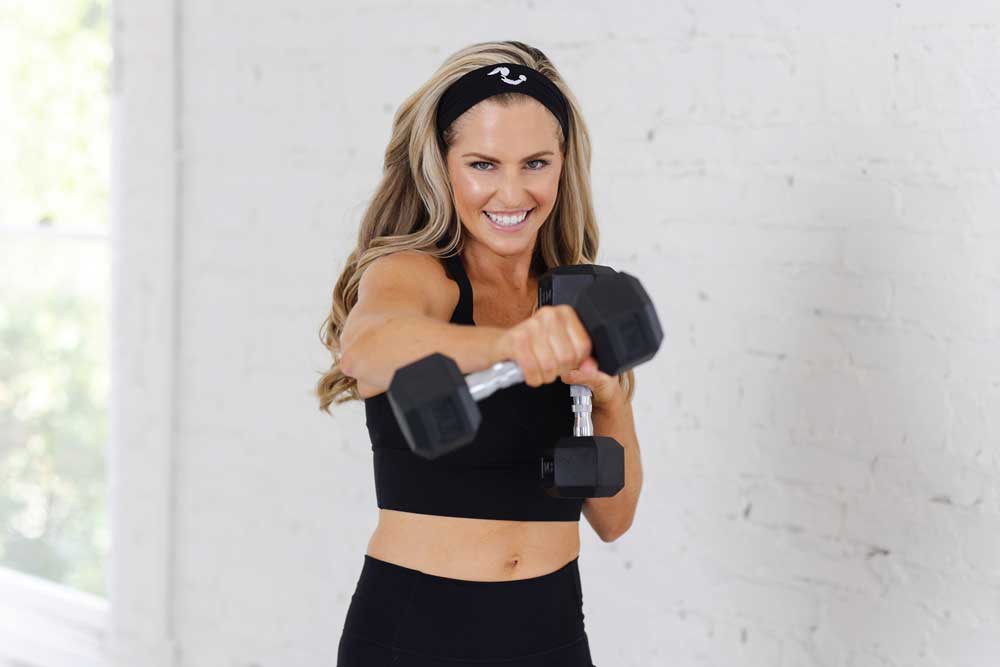


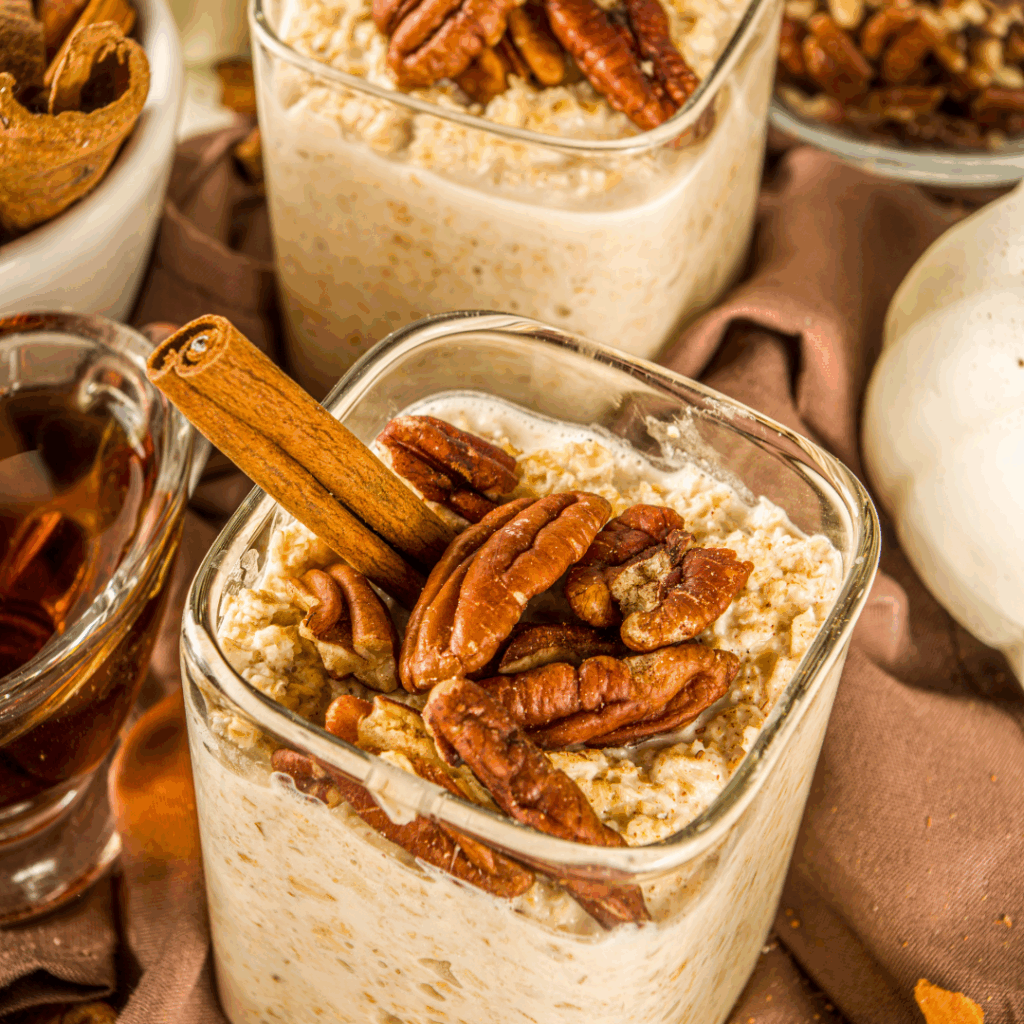
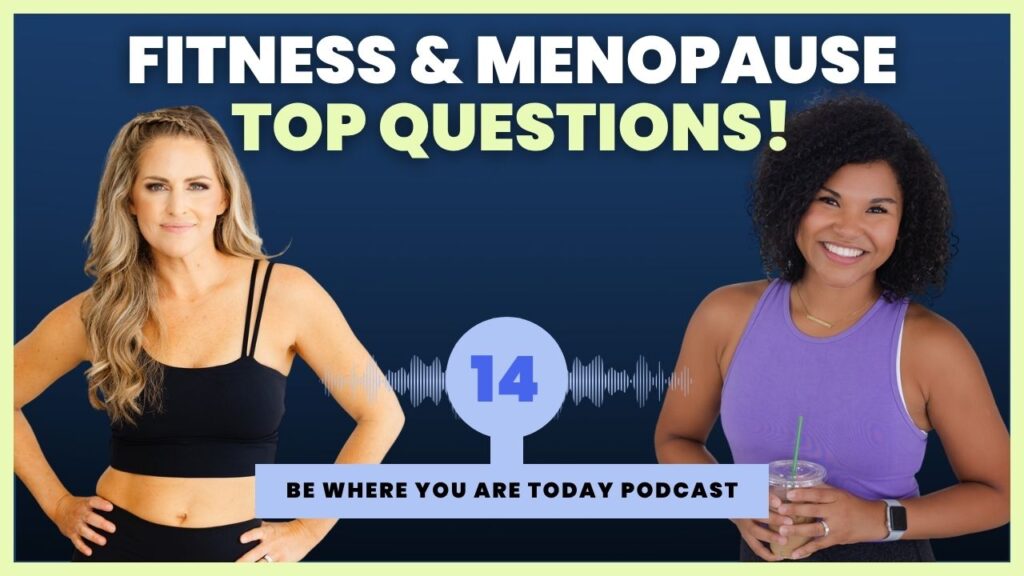




Leave a comment
Thank you Vivian for writing this perfectly timed article. It resonated for me with the holidays upon us but also any time I’m planning on going “all in” with clean eating. I binge on the “bad” or “off limit” foods the previous week or weekend because come Monday, it’s off limits. Thank you for helping to shift my “forbidden fruit” mindset to a more nutritional approach and hopefully to stop the crazy extremes.
Thank you Vivian for keeping it real! You know people are going to eat unhealthy at the holidays, that’s just how it is. We are all human and humans have cravings for things that aren’t always healthy. I started dieting and exercising 2 days after the New Year in 2021 and never looked back. I learned to find foods that are more nutritious to make that taste like what I used to eat but have more nutritional value. I lost over 170 lbs and an now working to keep that weight off for good. Talking to a dietician helped me to find out that even after I lost a substantial amount of weight I still wasn’t eating as healthy as I could. People are always going to struggle( health issues, emotional issues, death, etc.) because life always throws curve balls to see if you have willpower. But having helping info, like yours as a dietician, keeps things in perspective and reminds us all that though we may fall off the wagon we can always jump back on again!
I applaud you for this proactive approach. Too often we are reactive in January instead of mindfully setting ourselves up pre-holidays. Thank you!
This was very well written and has definitely changed my mindset about the upcoming holidays. Thank you so much for what you do. 💓
This is exactly what I needed leading into social holiday celebrations that are centered around food. Thank you for the positive and real-life approach to health and wellness….i’m still burning the scale (kidding! :P)
This came at the exact right time for me. I live in Germany and I am going to be home in Virginia for a month over the holidays. I always eat and drink too much when I am in the US. I come back to Germany feeling bloated and disappointed with myself. Thanks for the words of wisdom. I think I’ll print them and read them every day! Here’s to a happy and healthy(er) holiday season for everyone!
The world needs so much more messaging like this!
Thank you so much for this blog. Totally needed this reminder while heading into the holidays.
Vivian, You always know the right thing to say…. I will try to remember all this during the holiday season so as to come back feeling positive coming the new year.